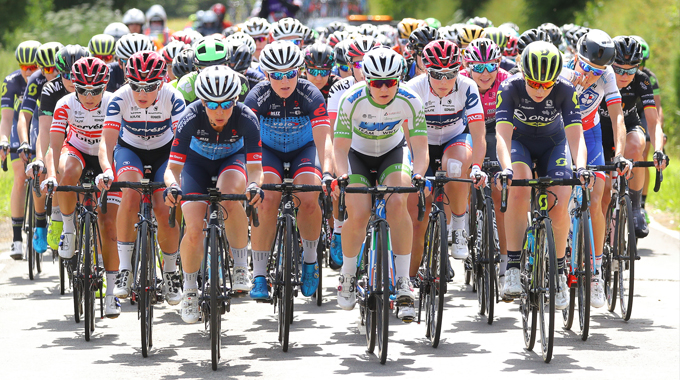Since the 1960’s, women have been taking prescribed medications which alter their hormone levels to prevent pregnancy. Recently, a study was conducted into the effectiveness and side effects of a male version – but this was halted due to the men suffering side effects already linked to the pill.
The study showed that the new form of male contraceptive – an injection – was 96 per cent effective. However, 6 per cent of participants dropped out due to side effects, so researchers stopped taking on new participants for further testing.
How Does the Contraceptive Pill Affect Cycling Performance?
15 Types of Contraception: How Do They Each Work for Sporty Women?
The Pill and Depression in Women

The combined pill is the most popular method of contraception for women – 48 per cent of those aged 16 to 19, 64 per cent of women aged 20 to 24 and 55 per cent of women aged 25 to 29 take it. That doesn’t include those also using the patch, implant, Nuva ring, or other hormonal forms of contraception.
These figures are pretty high, especially considering the fact that a hormonal roller-coaster ride of mood swings, cravings, libido fluctuations and acne come with the territory. In fact, a recent study showed that women who take the pill are up to 70 per cent more likely to suffer from depression.
Interestingly, when the pill was first developed, studies found that 17 per cent of women suffered from side effects including “nausea, dizziness, headaches, stomach pain and vomiting.” The pill was, however, still released. It has of course been developed and improved since then and obviously science (and its care for participants) has moved on. Well, it’s moved on where men are concerned, anyway.








